
Oman offers a wealth of activities for every type of traveler, from adrenaline junkies to those seeking tranquility in nature. Adventure enthusiasts can embark on thrilling canyoneering expeditions or conquer the sandy dunes with exhilarating dune bashing. For water lovers, flyboarding and surfing provide an exciting way to engage with the ocean. To take in the stunning landscapes, a helicopter tour reveals breathtaking vistas from above. No visit is complete without experiencing the magical ambiance of a sunset cruise, making Oman a truly captivating destination.
Helicopter Tours

Experience the breathtaking beauty of Oman from the sky with a helicopter tour aboard the Airbus H125. This aerial adventure allows you to witness the country's diverse landscapes, including rugged mountains, vast deserts, and pristine coastlines, all from a unique vantage point.
Details
- Duration: The city tour lasts approximately 15 minutes, offering a quick yet comprehensive view of key attractions.
- Location: Tours typically depart from Muscat.
- Price: Approximately $150 per person for a 15-minute tour.
- Highlights: Fly over iconic landmarks such as the Sultan Qaboos Grand Mosque, the Al Jalali and Al Mirani forts, and the stunning coastline of Muscat. This is the perfect way to capture unforgettable photographs and gain a new appreciation for Oman’s natural beauty.

Special Tips
- Book in Advance: Helicopter tours can fill up quickly, especially during peak tourist seasons (October to April).
- Early Mornings or Late Afternoons: Schedule your tour during these times for softer lighting and stunning views.
Flyboarding and Wakeboarding
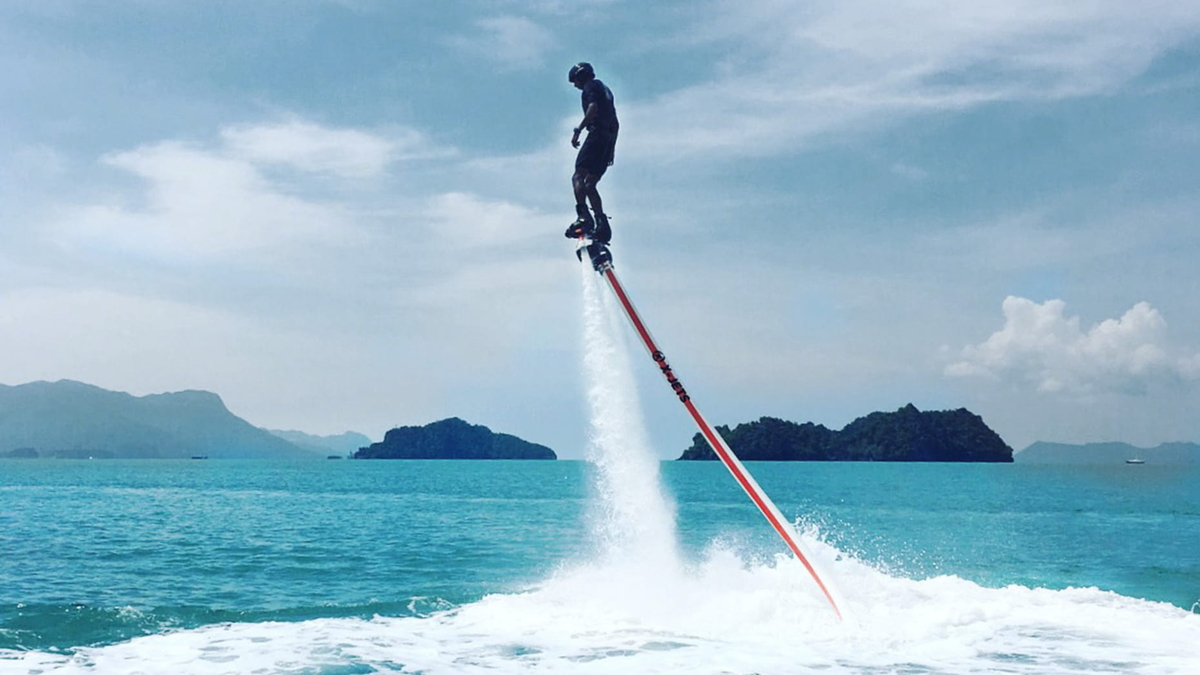
Oman has made a name for itself in the world of water sports, with activities like flyboarding and wakeboarding attracting thrill-seekers from around the globe. These motorized sports offer an exhilarating experience on the water, combining the thrill of speed with the beauty of the ocean.
Details
- Location: Popular spots include Muscat and Salalah.
- Price: Around $100 for a 30-minute session.
- Safety: All activities are conducted by certified operators who prioritize safety, ensuring that participants have a secure and enjoyable experience.
- Experience: Flyboarding allows you to soar above the water, while wakeboarding combines surfing and snowboarding techniques, providing a unique blend of excitement and challenge.
- Variety: Operators offer a range of options, from short introductory sessions for beginners to more extensive courses designed for those looking to refine their skills.

Special Tips
- Wear Sunscreen: The sun can be intense, so make sure to apply sunscreen before heading out.
- Stay Hydrated: Bring water to stay hydrated during your activity.
Desert Adventures

The Wahiba Sands, stretching over 200 kilometers, is a striking desert landscape that offers unforgettable adventures. Visitors can explore this iconic environment through dune bashing, camel rides, and sandboarding, immersing themselves in the unique beauty of Oman’s desert ecosystem.
Details
- Location: About 3 hours from Muscat, near Bidiyah.
- Price: Desert safari packages range from $75 to $150 per person, depending on the inclusions (lunch, camel rides, etc.).
- Activities: Experience the thrill of dune bashing in a 4x4 vehicle, or opt for a more traditional sunset camel ride, which allows you to take in the stunning desert scenery at a leisurely pace. For the adventurous, sandboarding or quad biking provides an adrenaline rush as you glide over the dunes.
- Wildlife: The desert is home to a rich variety of flora and fauna, including over 180 plant species and 200 animal species, making it a fascinating ecosystem to explore.
- Tour Details: Small-group excursions typically depart from Muscat or Bidiyah. Tours often include a traditional picnic lunch at a desert camp and a refreshing swim at Wadi Bani Khalid, a beautiful oasis with crystal-clear waters.

Special Tips
- Best Time to Visit: October to April offers cooler temperatures, making outdoor activities more comfortable.
- Pack Snacks: While many tours include meals, having some snacks on hand can be helpful during the day.
Sunrise Desert Yoga

Begin your day with a refreshing sunrise yoga session in the serene desert. This experience allows participants to connect with nature and find inner peace as they practice yoga amidst the tranquil desert landscape.
Details
- Location: Various desert locations, often arranged by local yoga studios or tour operators.
- Price: Approximately $40 to $60 per session.
- Duration: Sessions typically last 1 to 1.5 hours.
- Setting: Conducted in the serene environment of the desert, participants can enjoy the peaceful sounds of nature as the sun rises, creating a perfect backdrop for meditation and yoga practice.
- Classes: Various styles of yoga are offered, catering to all skill levels, from beginners to advanced practitioners. This allows everyone to connect with their inner selves and the natural world around them.
- Experience: The sessions emphasize relaxation and mindfulness, encouraging participants to embrace the beauty of the moment as they breathe in the fresh desert air.

Special Tips
- Dress Comfortably: Wear loose, breathable clothing suitable for yoga.
- Arrive Early: Get to the location a bit early to enjoy the serene atmosphere and set up your space.
A Day in Paradise (Full Day Beach Pass)

The Shangri-La Barr Al Jissah Resort and Spa offers an exquisite retreat along a stunning bay, where deep turquoise waters meet majestic mountains. The ‘Day in Paradise’ escape promises a luxurious experience for all guests.
Details
- Location: Barr Al Jissah, Muscat.
- Price: Approximately $100 per person for a full-day pass, including lunch.
- Facilities: Enjoy access to six stunning swimming pools, two private golden-sand beaches, and a meandering lazy river perfect for relaxation. Water sports activities are also available for those looking to add a bit of adventure to their beach day.
- Amenities: Towels and bottled water are provided for your convenience, ensuring a comfortable visit. Guests can indulge in a lavish buffet lunch featuring a variety of dishes, including fresh seafood, international cuisines, and local specialties.
- Relaxation: The resort’s serene environment, combined with high-quality service, allows visitors to unwind and rejuvenate, making it a true day in paradise.
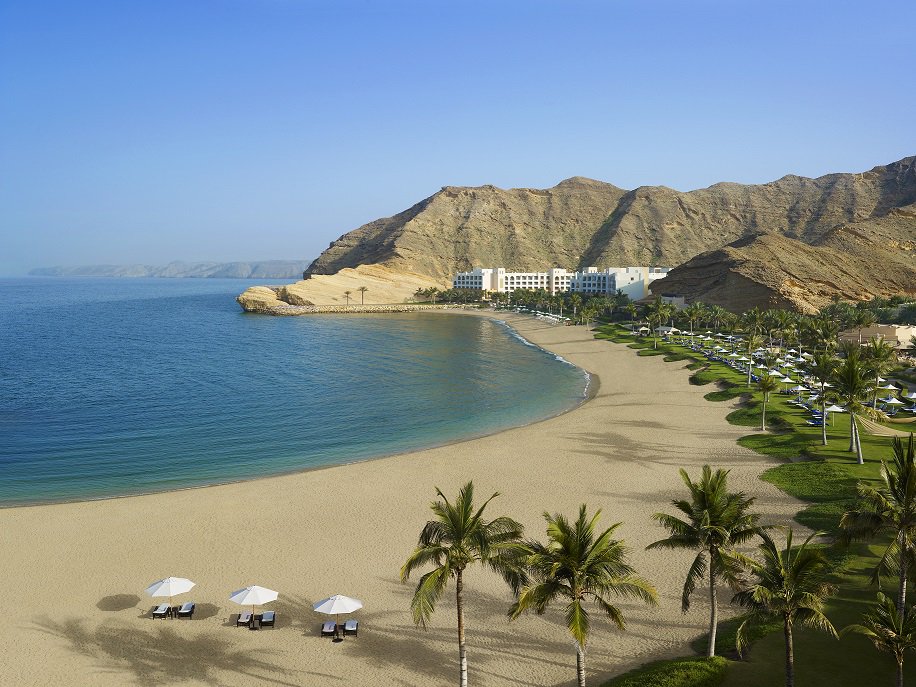
Special Tips
- Reservations: It’s advisable to book your day pass in advance, especially during weekends and holidays.
- Bring a Book: The tranquil environment is perfect for relaxation, so consider bringing a book for leisure time by the pool.
Additional Recommendations
Cultural Experiences
- Visit Nizwa Fort: Located about 1.5 hours from Muscat, this historical site offers insight into Oman's heritage. Entry is around $5.
Local Cuisine
- Try Shuwa: A traditional Omani dish made of marinated lamb, slow-cooked in an underground sand oven. Look for local restaurants offering this delicacy.
Souqs
- Explore Mutrah Souq: A vibrant market in Muscat where you can shop for spices, textiles, and handicrafts. Bargaining is common, so don’t hesitate to negotiate prices.
With so much to explore, Oman is a destination that promises a wealth of unforgettable experiences, whether you are seeking adventure, relaxation, or a deeper connection with nature.





.jpg)






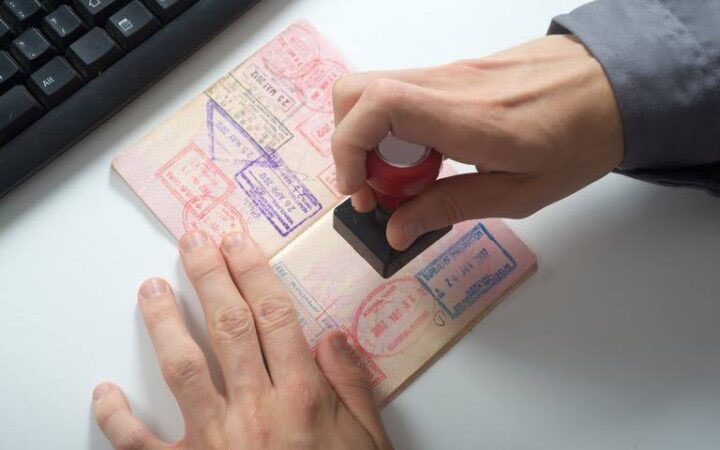
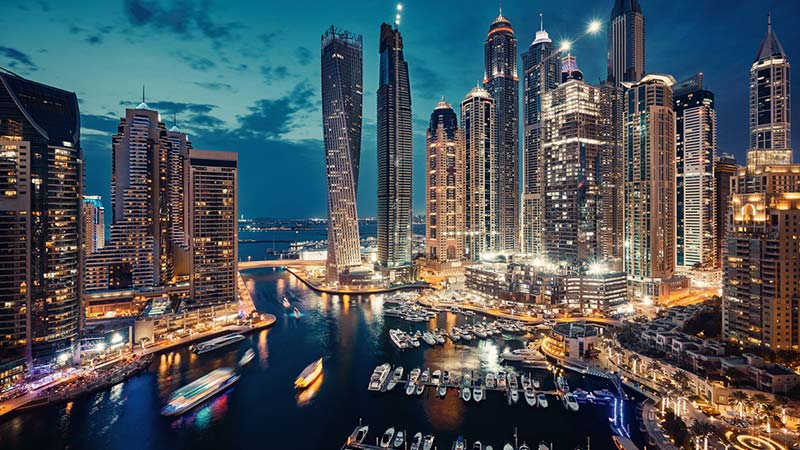
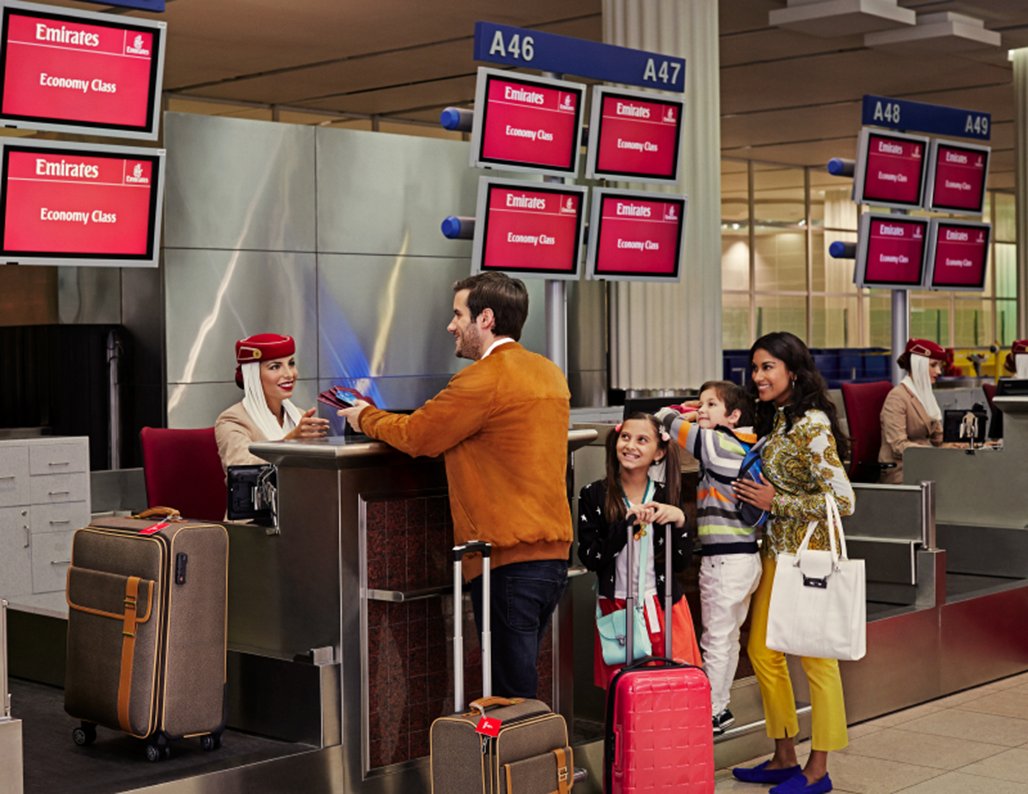
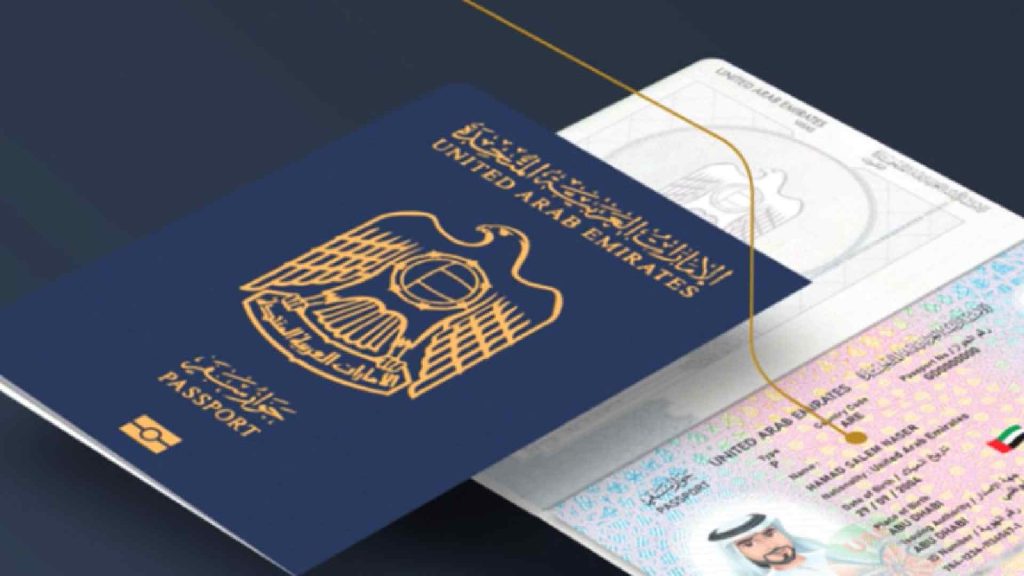










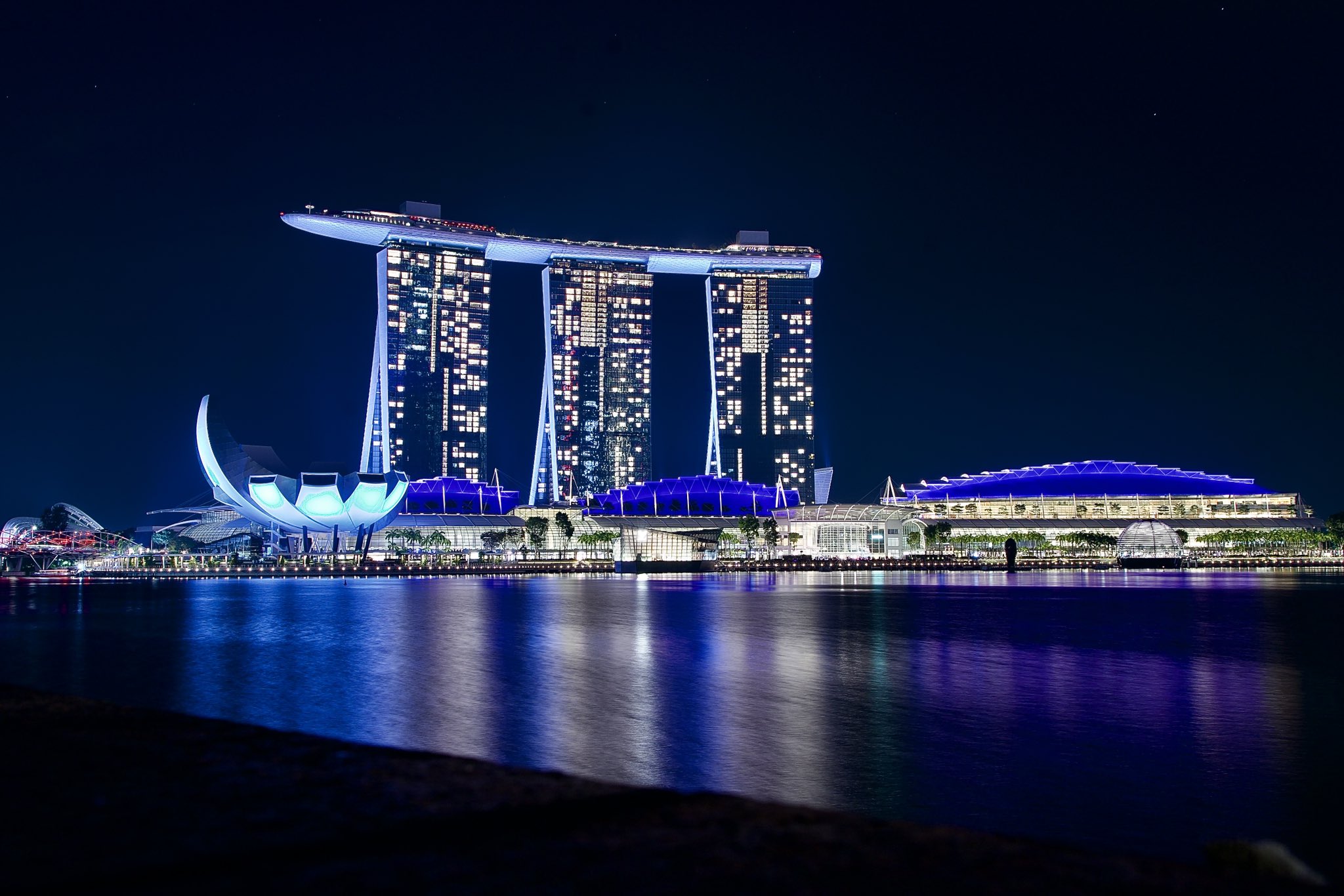



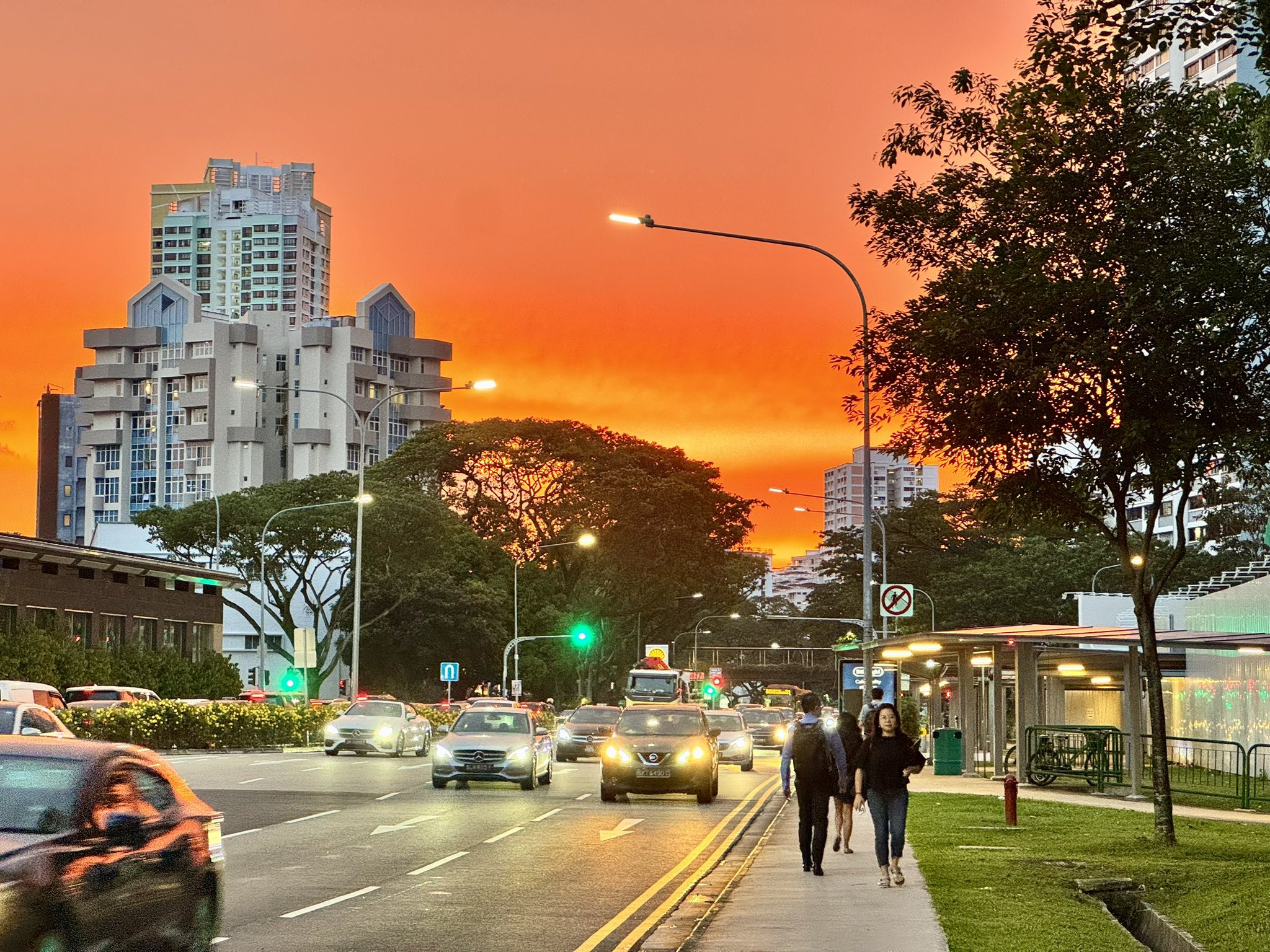


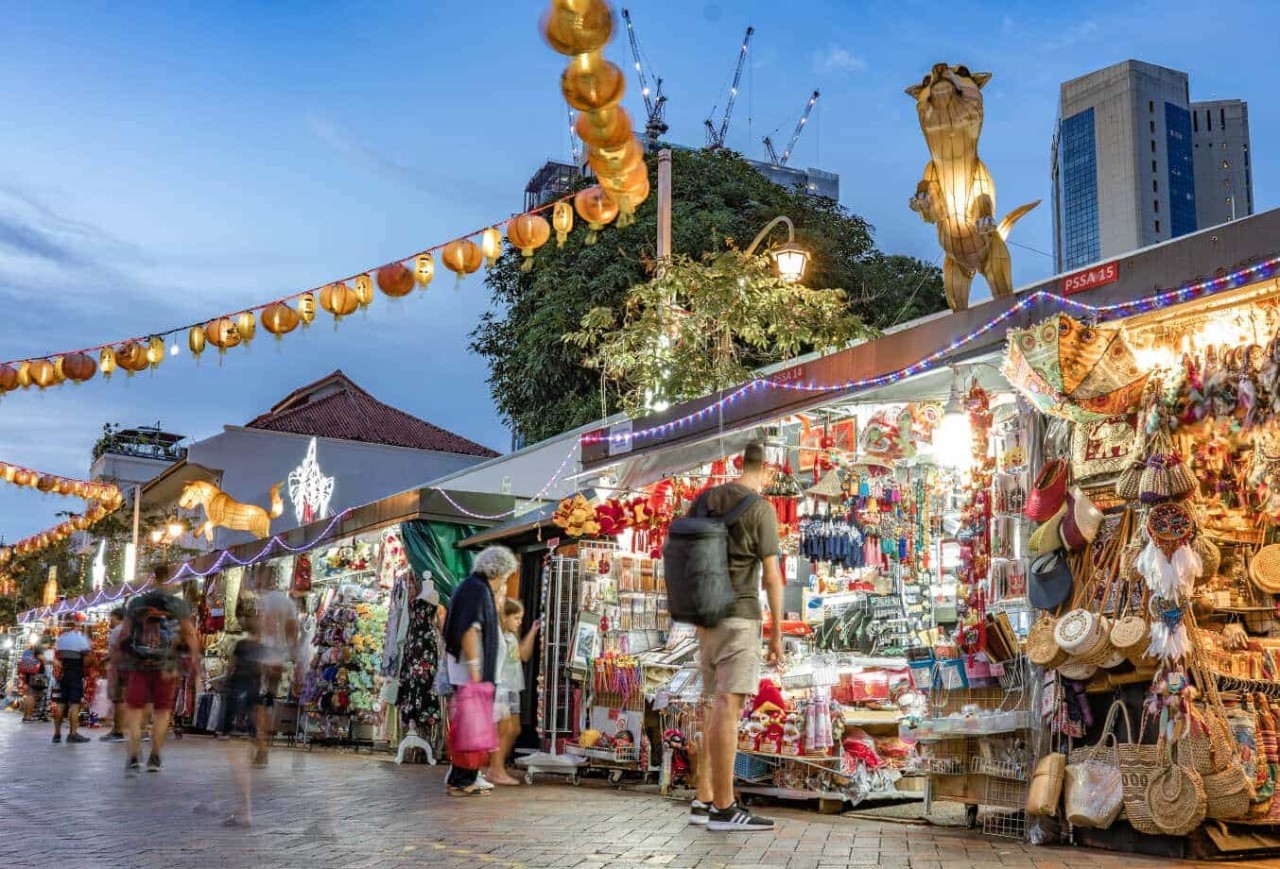
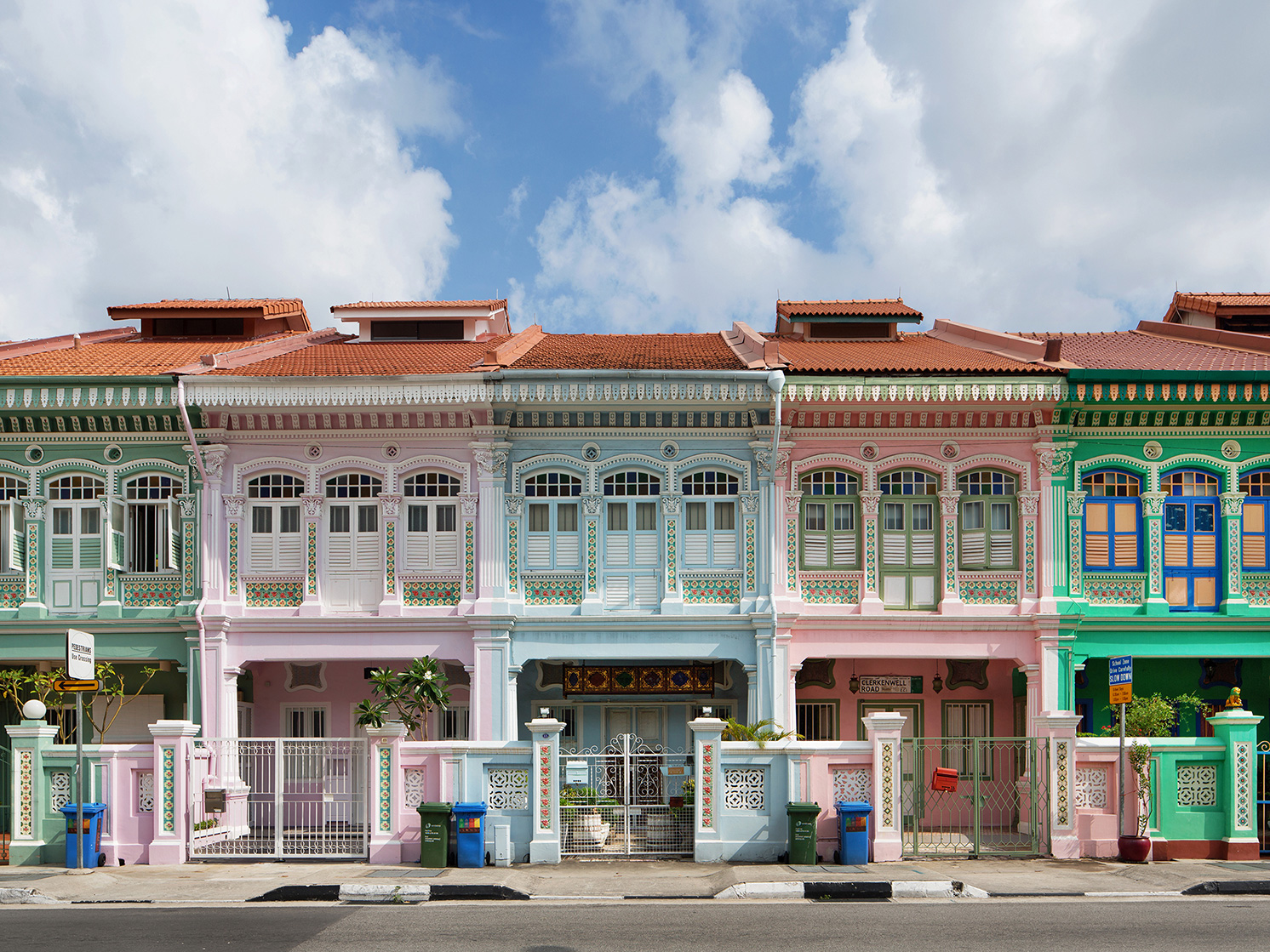
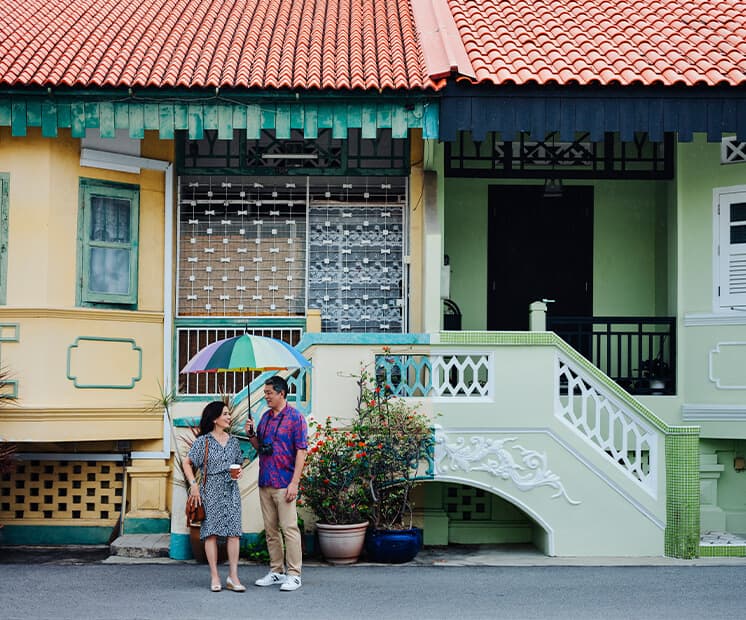
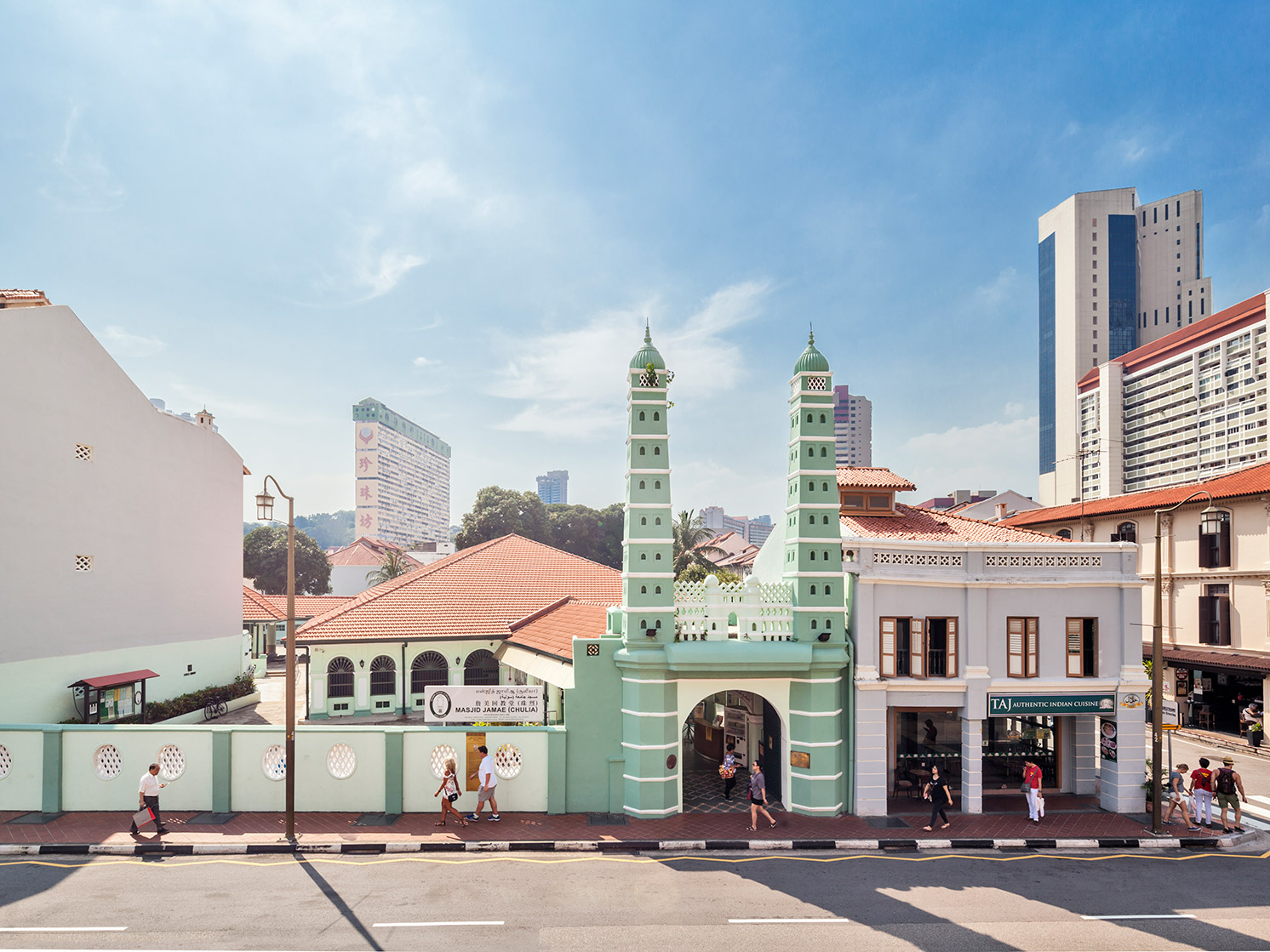



.jpg)





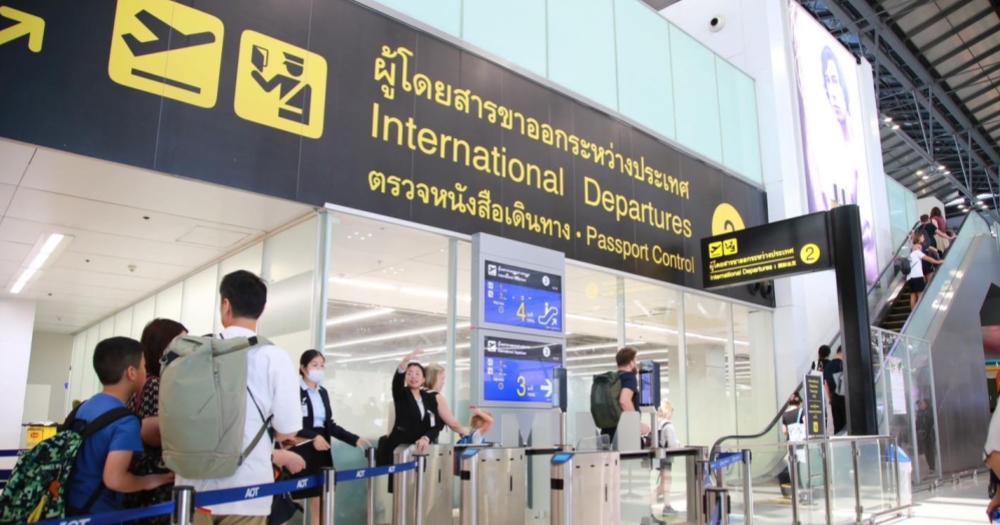
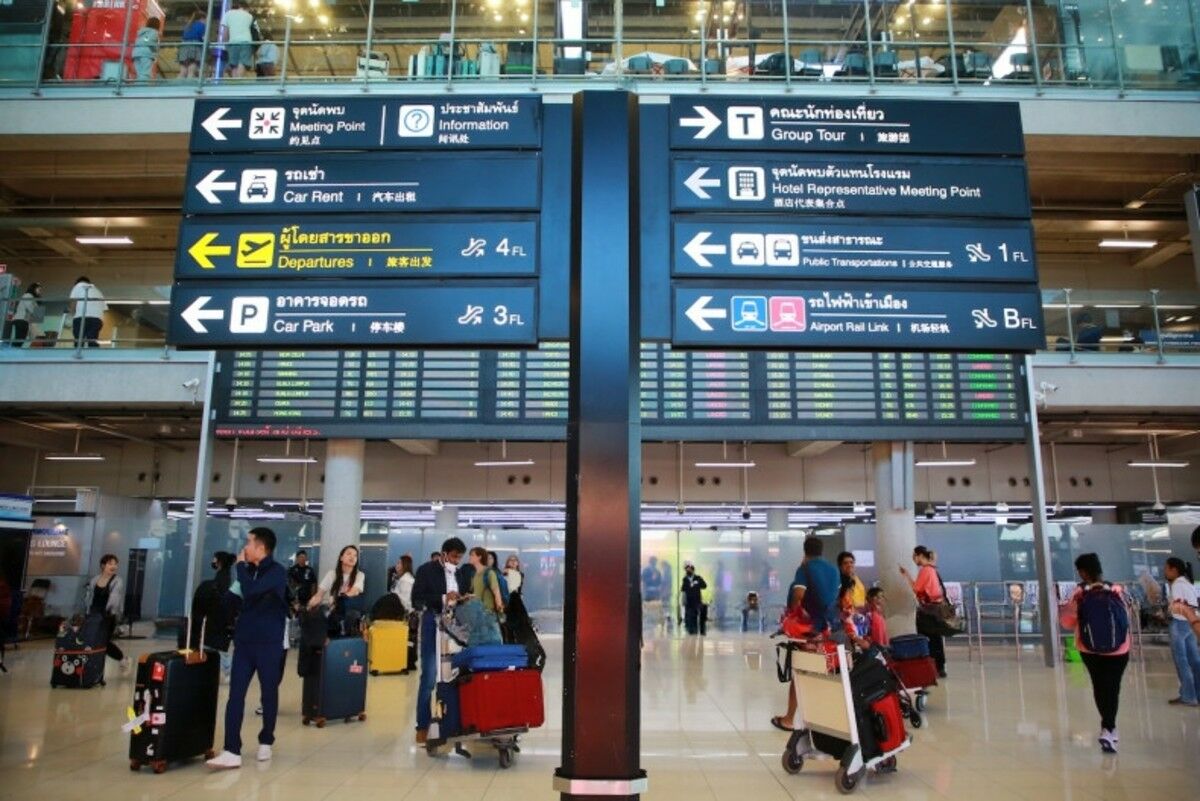
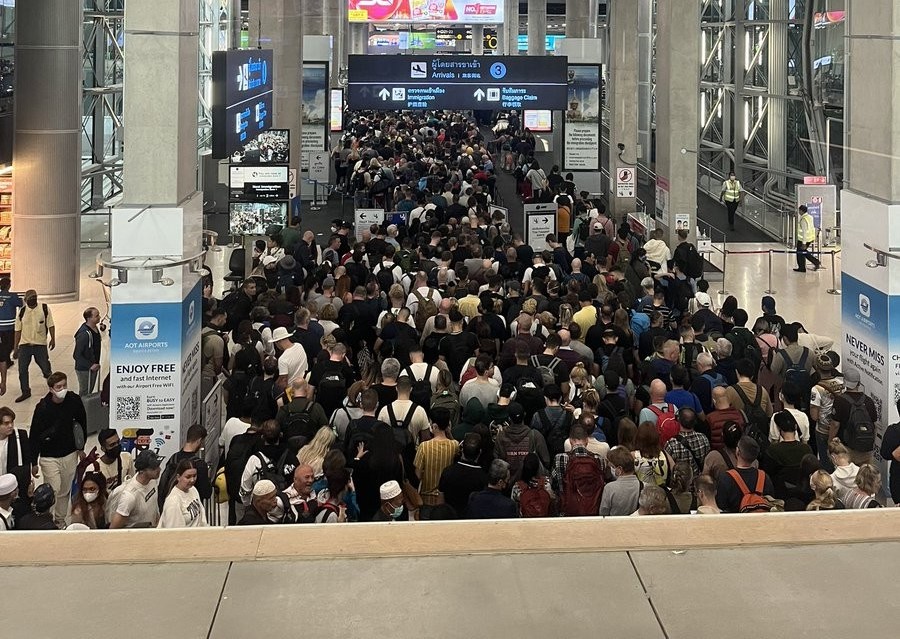
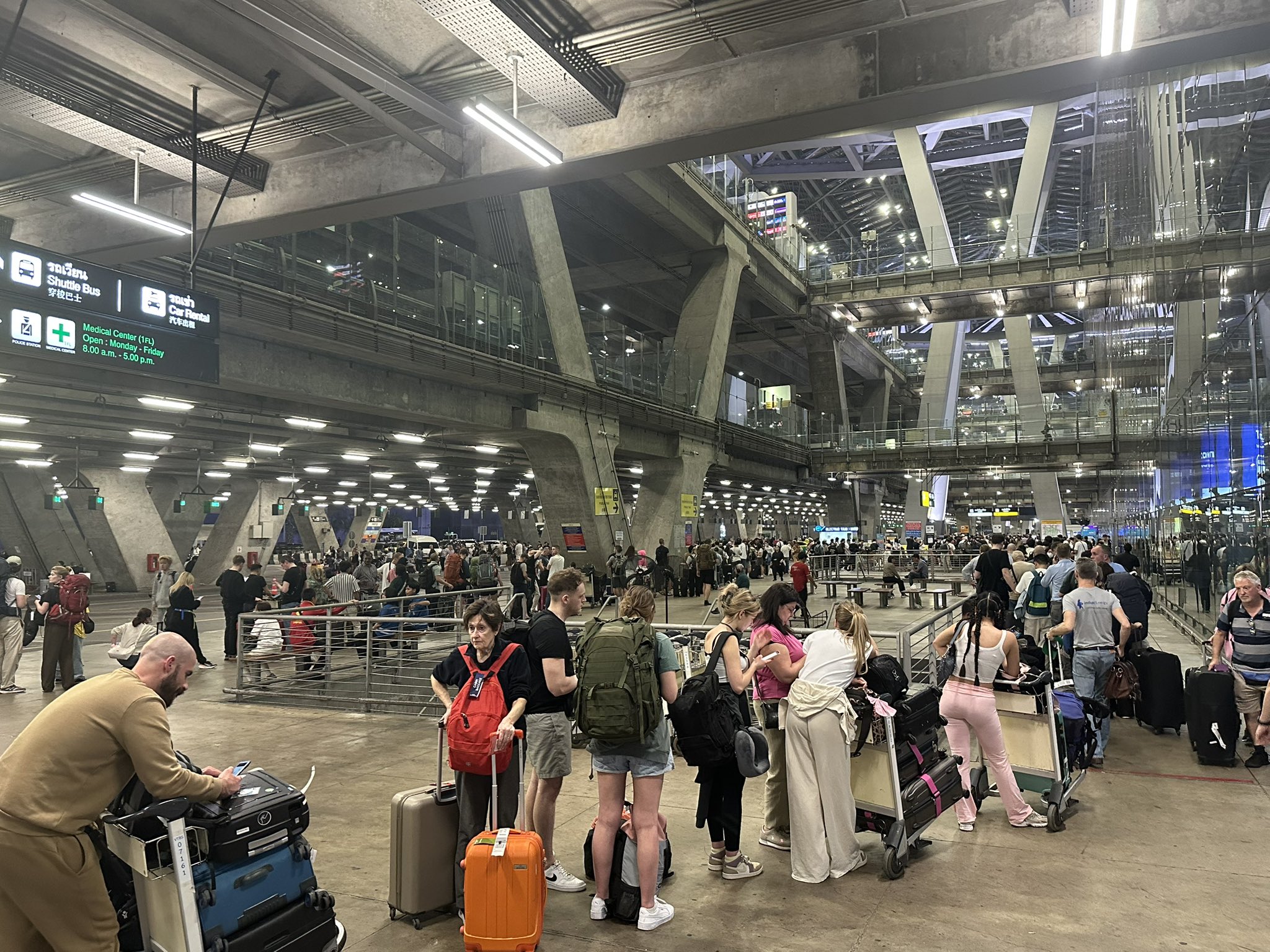
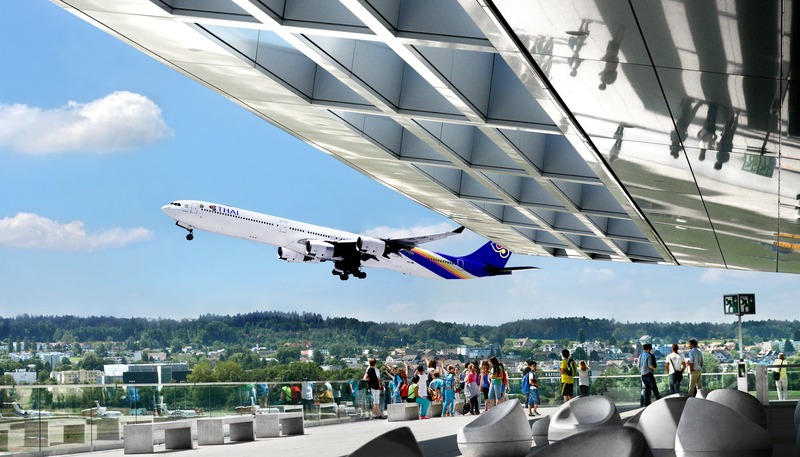

.jpg)

















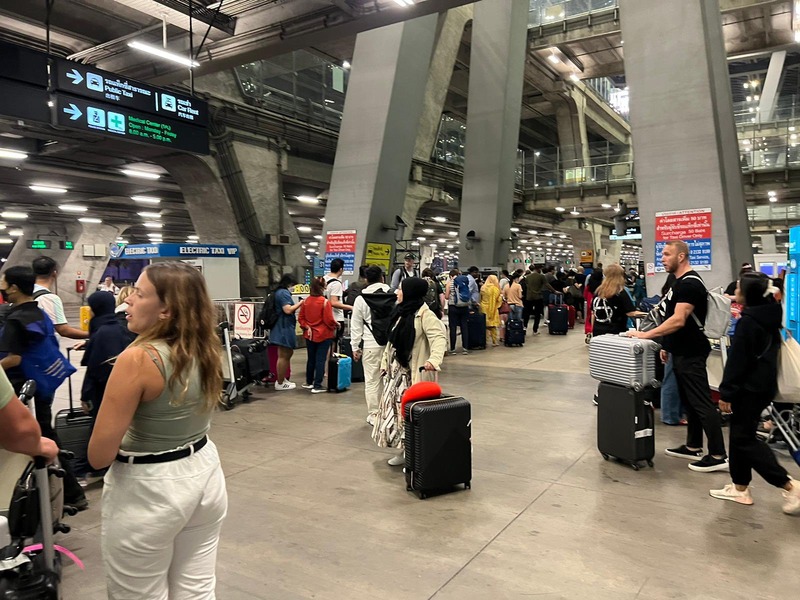
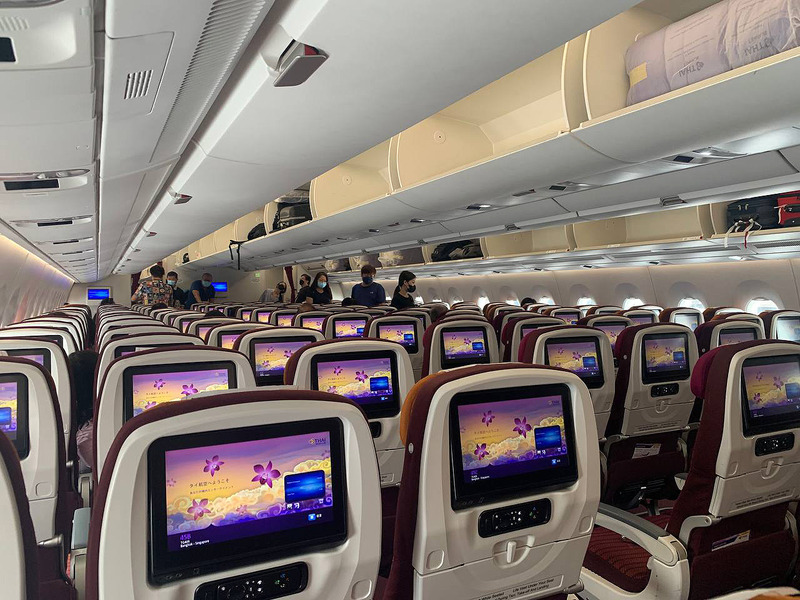
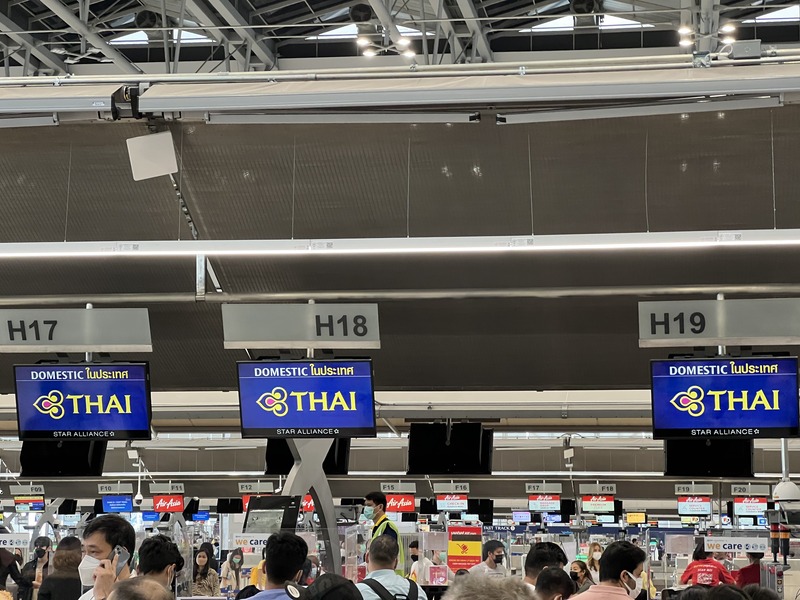
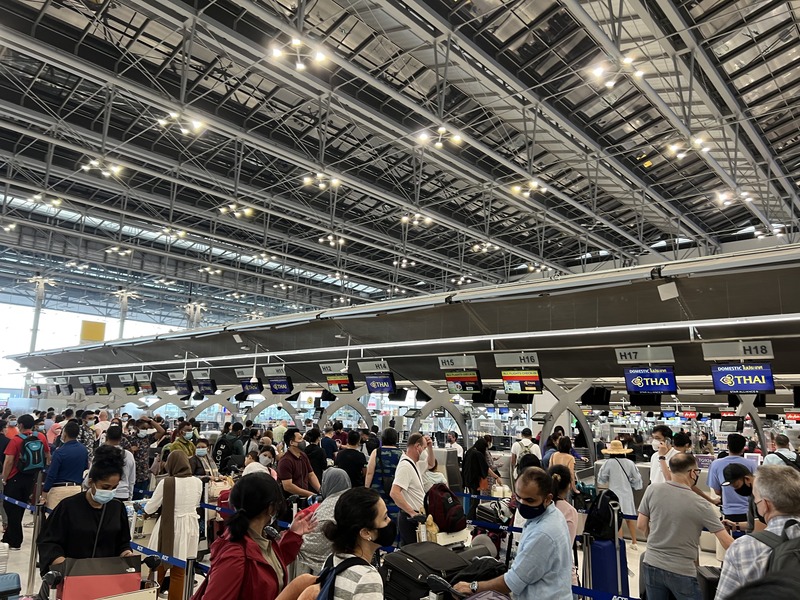
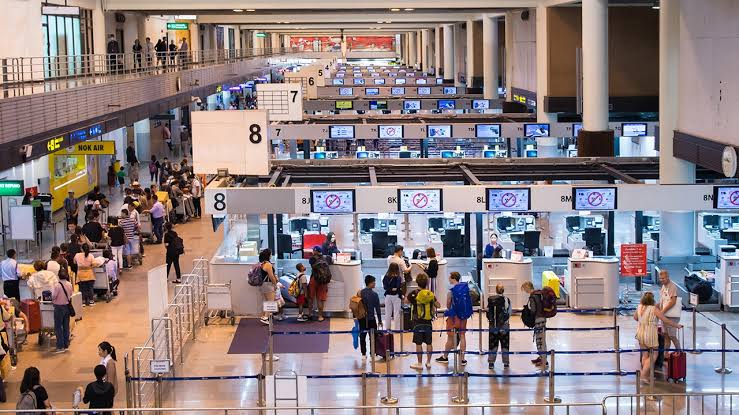
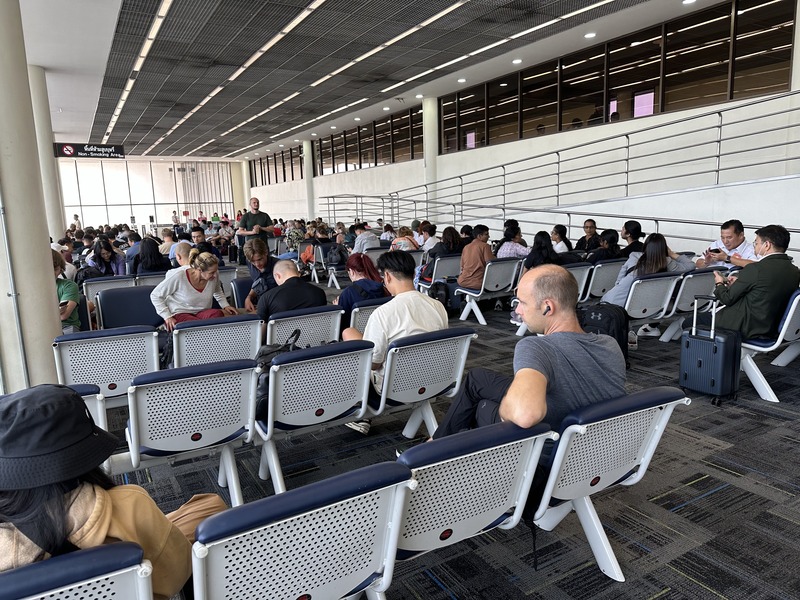


.jpeg)
